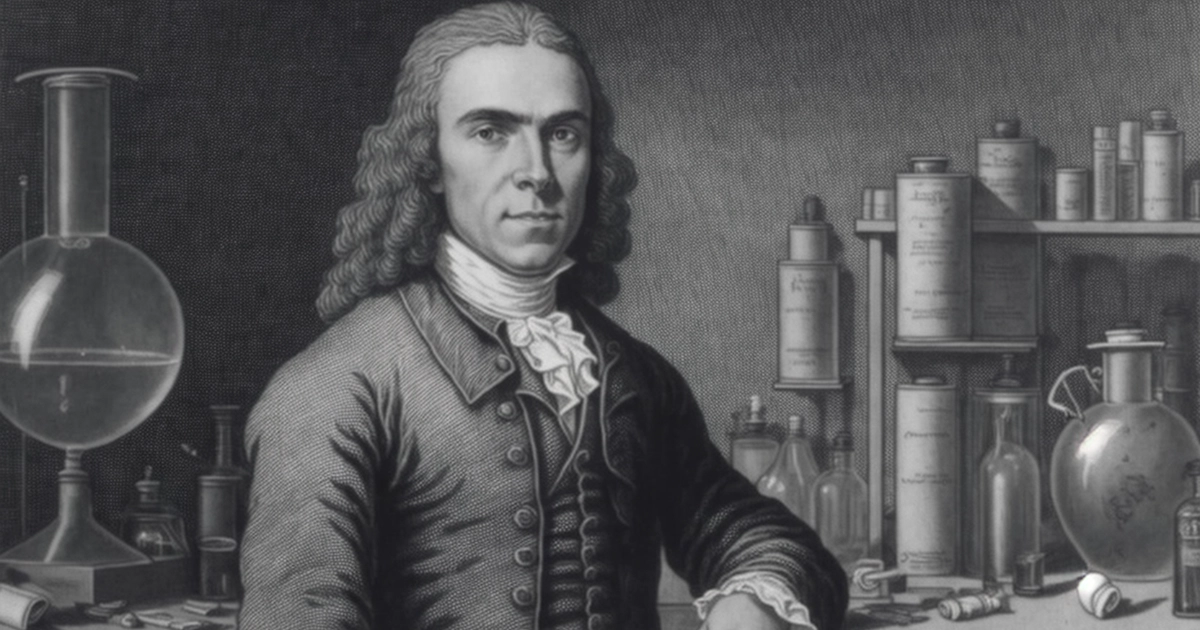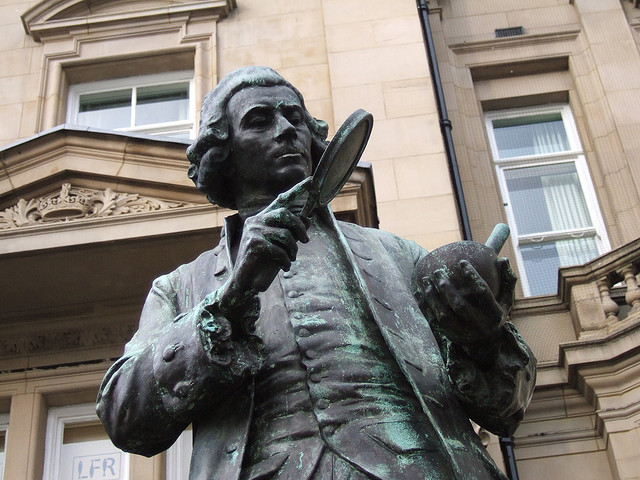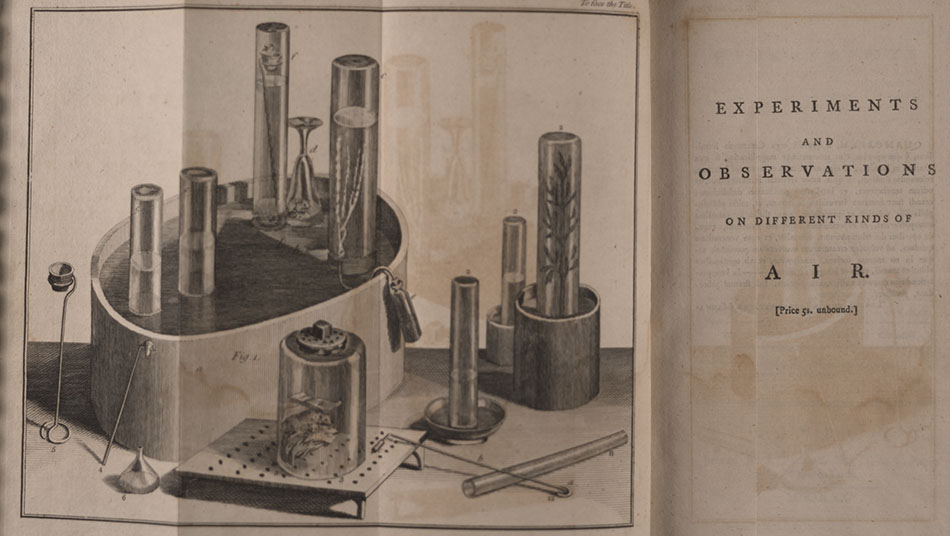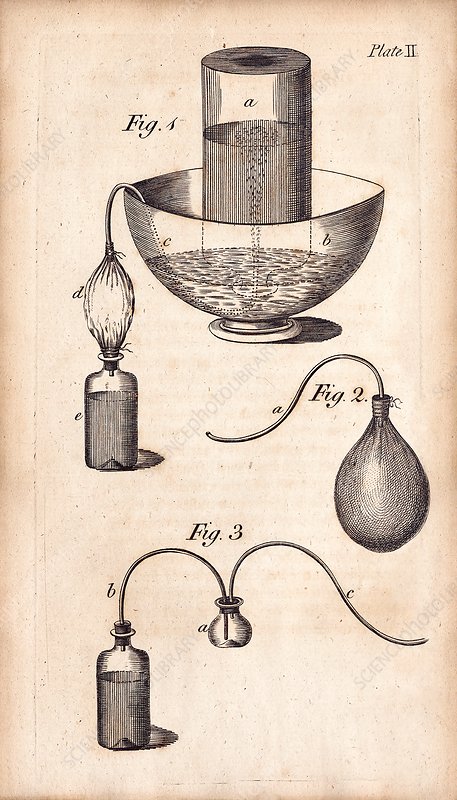
Joseph Priestley
Joseph Priestley belonged to the eighteenth century and he was a man of multiple talents involving in chemistry, philosophy and theologian. Priestley was British thinker who born in English, his thinking activities affected the mankind through out his life even it was related with academic and church.

Priestley was born on 13 March, 1733 in Fieldhead near Leeds in North England, and from the childhood Priestley was curious. Nevertheless, he turned into a versatile scholar not having a background of a superior education.

Priestley’s study of languages and natural sciences paved way to his ideas in enlightenment. At Dissenting Academy in Daventry where he studies he benefited from the amalgamate of theology, classical language and science.

In many ways Priestley was more than adequate in all those positions. He, being a preacher also preached enlightenment values. He was a librarian and a teacher at Warrington Academy, what is more, he was fond of knowledge.


As for Priestley, the major discovery in the field of science was associated with chemistry. Moreover, in 1772, he determined the character of oxygen, even if the concept of its discovery was the object of discussions. His research also involves carbon dioxide and nitrogen in relation to combustion and respiration of the gases.
Priestley had many honors such as being elected in the Royal Society and getting the Copley Medal in 1773. He also received an honoris causa from several universities. Though, his standing for the American and French Revolution was ill received in England and riots occurred in Birmingham in 1791, thus had to move to America.
When Priestley was in Northumberland, Pennsylvania, he continued to enjoy what he best did: learning and talking theology while supporting union and God’s acceptance of the Pluralism.
Priestley died on the 6th of February in the year 1804, and to date, his works remain relevant in the discussion of science as well as philosophy. His life’s work represents the light for seeking and intellectually craving inheritors of the value of knowledge and enlightenment, so that never shall the horizons of scholarly wonder be left uncharted.